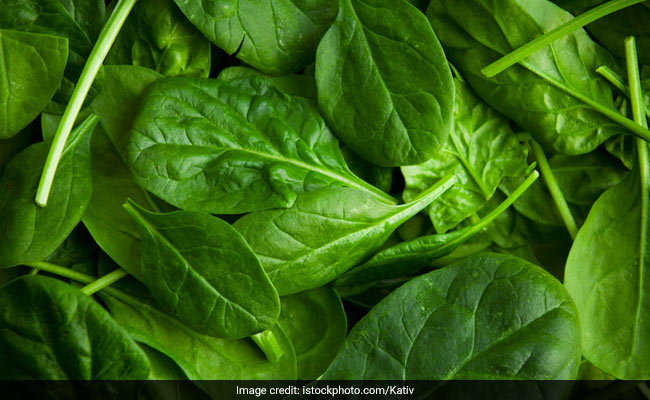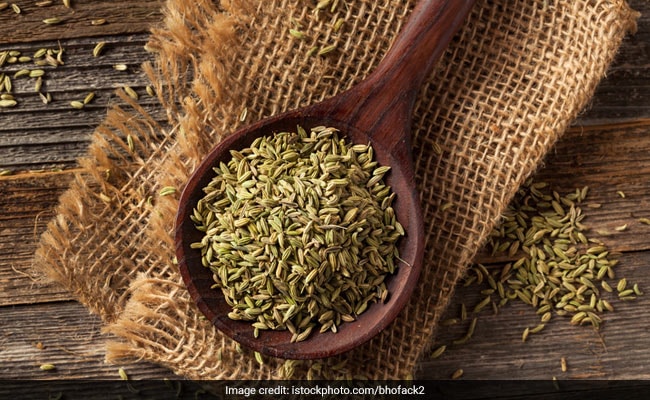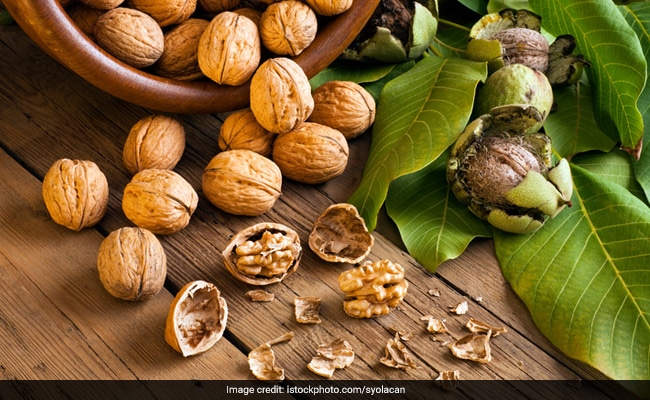
The first week of August is celebrated as the World Breastfeeding Week. World Breastfeeding Week was first celebrated in 1992 by World Alliance for Breastfeeding Action (WABA). The social campaign was designed to spread awareness about breastfeeding; the dos and don'ts nursing mothers should keep in mind to ensure that their child receives the best nutrition. It is said that for upto six months, a baby should only feed on breast milk. "The nutrition supply in the first thousand days of life, starting from conception to 2nd birthday, lays the foundation of the long-term health. Breastfeeding is an essential part of this initial nutrition as breast milk is a combination of nutrients and bioactive markers that are essential for a new-born in the initial 6 months of life. Nutritional deficiencies early in life can result in long-lasting effects that can pass on to generations," said Dr. Manjari Chandra, Senior Nutrition Advisor at IVH SeniorCare. World Breastfeeding Week 2018 aims to highlight the benefits that breastfeeding can bring to the overall health of babies.
Needless to say, to ensure healthy breastfeeding, nursing mothers need to take extra care of themselves too. A lactating mother requires an additional 500 kcal/day. Dr Chandra said, "Lactating mothers are advised to continue with the prenatal vitamin supplements daily. Vitamins are secreted in the breast milk and maternal deficiency affects the breast milk directly. Vegetarian mothers also require the supplementation of vitamin D, B12, and calcium."
Did you know that India is one of the lowest ranking nations among Southeast nations when it comes to breastfeeding practices? As per Dr. Chandra, only 44% infants have access to breastfeeding in the initial hour of the life.
Many women across India often face problems with milk production. In many parts of the country, new mothers are offered certain foods during the first forty days after childbirth to gain strength and nourishment, and one such treat is the famous 'gondh ka laddoo'. Made with edible gum (gondh), desi ghee, sugar, raisins and a whole lot of chunky nuts and dry fruits; the laddoo is high in calories and is required to meet the extra calories needed by a new mother while she's breastfeeding the new-born.
Foods and herbs that promote lactation in new mothers are called galactogogues. Dr Veena Aurangabadwala, Gynaecologist, Zen Multispeciality Hospital, Chembur says "Something as natural as breast milk can be stimulated and maintained both in quality and quantity by lots of natural foods in a feeding mother's diet."
World Breastfeeding Week 2018: Dr. Veena shared with us few superfoods that may improve breast milk production.
1. Dill Leaves: Known more colloquially as Shepu (in Marathi) or Suva (in Hindi), dill leaf is a very good galactogogue. In addition to its peculiar taste, it also helps in digestion.
2. Fenugreek: Popularly known as Methi (in Hindi), both its seeds and leaves are extremely useful to improve breastmilk production.
3. Spinach: It is an excellent source of iron. Iron helps restore energy and fights anaemia and weakness. Spinach should be boiled well before consumption, especially during the monsoons, to avoid any waterborne infections.

4. Fennel: Fennel or fennel seeds also help in lactation, as they have oestrogenic properties. Apart from being fibre-rich, it's also loaded with otassium, folate, vitamin C, vitamin B-6, and phytonutrients.

World Breastfeeding Week 2018: Fennel or fennel seeds also help in lactation, as they have oestrogenic properties
5. Bottle gourd: This vegetable helps to keep the lactating woman well hydrated. Bottle gourd is full of water (about 92%), keeps your body hydrated, and is also a rich source of vitamin C, A and K and essential minerals like sodium, calcium, iron, zinc and magnesium.
6. Nuts: They are an excellent source of serotonin, which helps in increasing lactation. They are packed with vitamins and healthy omega- 3 fatty acids.

World Breastfeeding Week 2018: Nuts could also serve as good galactogogues
7. Garlic: This is one of the best foods to stimulate lactation. Apart from providing a new flavour to the diet, it acts as an excellent digestive as well.
As nearly 70% of breastmilk is composed of water, it's important for a lactating mother to keep herself well hydrated. It is natural for new mothers to feel extremely parched and thirsty through the overwhelming phase of breastfeeding. Young mothers need to know that there are many out there who are dealing with same challenges. "Hence, the best way to breastfeed is to keep trying and be patient", says Dr. Veena.
Track Latest News Live on NDTV.com and get news updates from India and around the world

